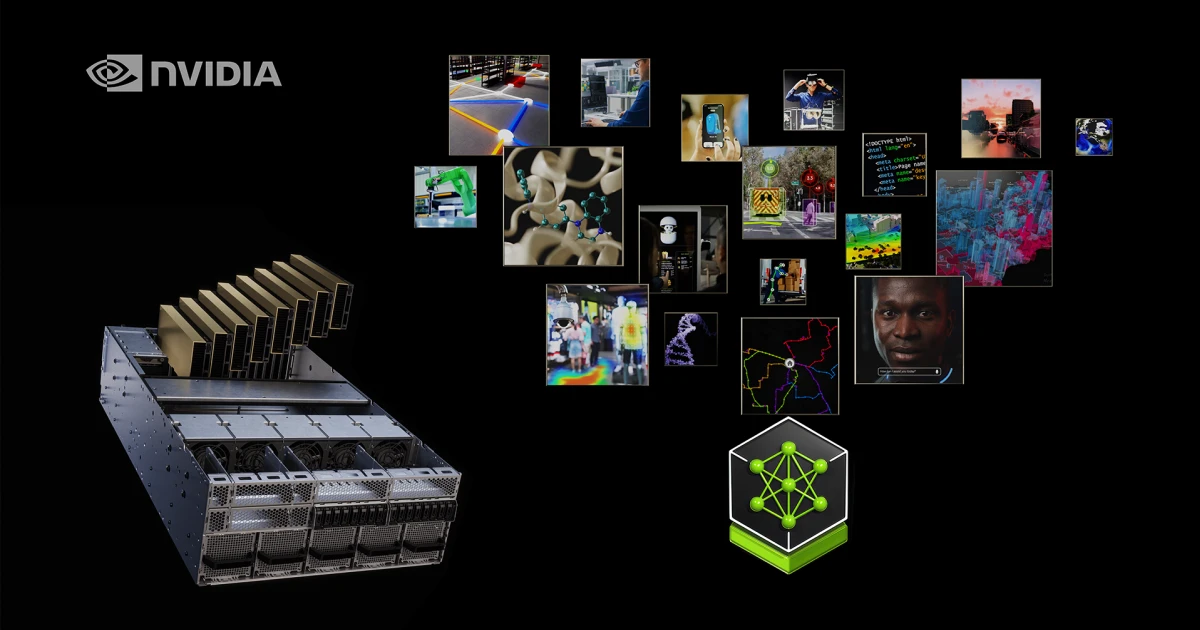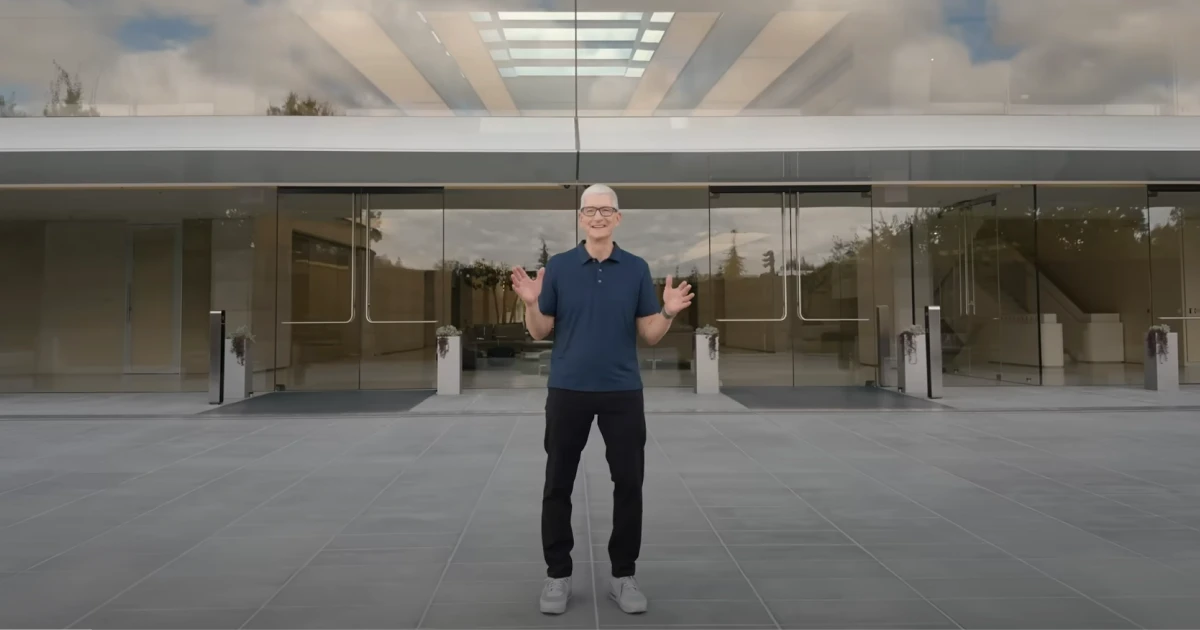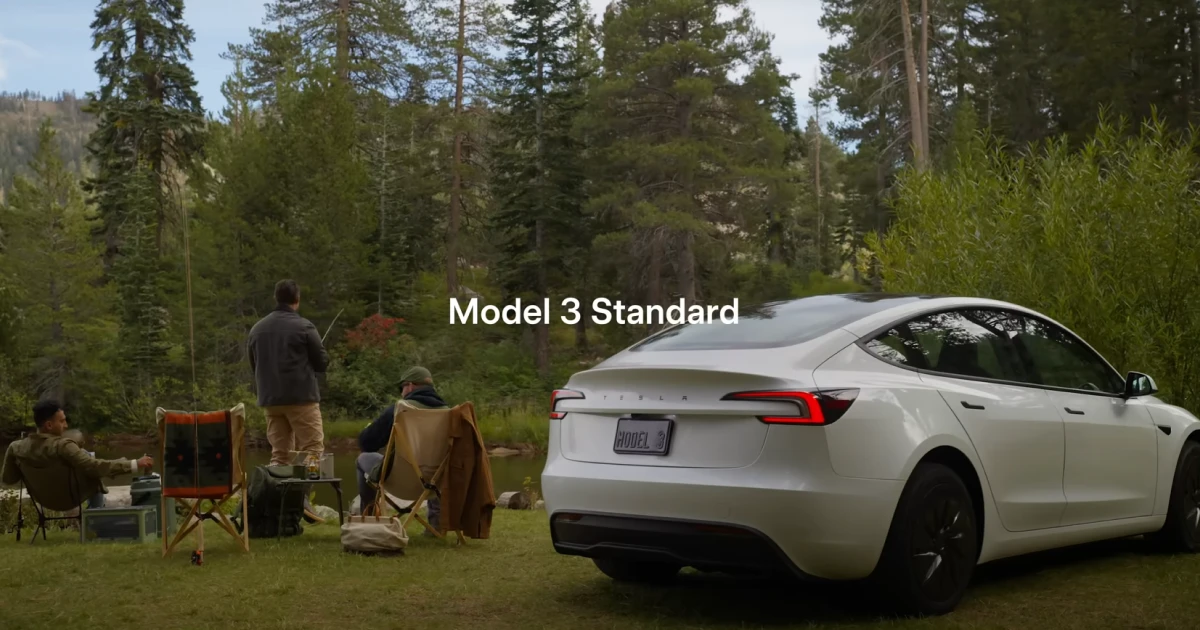“Blackwell is the AI platform the world has been waiting for,” said CEO Jensen Huang in a statement accompanying the release. “The AI race is on, and Blackwell is the platform at its center."
Huang also said that the company expects to see $3 to 4 trillion in AI infrastructure spending by the end of the decade. “$3 to 4 trillion is fairly sensible for the next five years,” he told one analyst,” he reported to one analyst.
The company made particular notes of its role in the launch of OpenAI’s open-source GPT-OS models earlier this month, which involved processing “1.5 million tokens per second on a single Nvidia Blackwell GB200 NVL72 rack-scale system.”
The earnings also gave a look at Nvidia’s ongoing struggle to sell chips in Chinese markets. The company also reported no sales of its China-focused H2O chip to Chinese customers in the past quarter. It is also worth mentioning that Nvidia did report $650 million worth of H2O chips had been sold to a customer outside China.
The US has long restricted sales of advanced GPUs to Chinese customers – yet the geopolitical situation has changed significantly under President Trump. The company is now permitted to sell chips to China as long as it pays 15% export tax to the US Treasury, as a result of an unconventional arrangement that legal scholars have described as an unconstitutional abuse of power.
On the earnings call, Nvidia CFO Colette Kress made clear that the lack of shipments was a result of uncertainty surrounding the arrangement, which has not been officially codified into a federal regulation. “While a select number of our China-based customers have received licenses over the past few weeks,” Kress said, “we have not shipped any H20 devices based on those licenses,” reported TechCrunch.
Yet, the Chinese government has officially discouraged the use of Nvidia chips by local businesses, leading the company to reportedly halt production of the H2O chip earlier this month.














